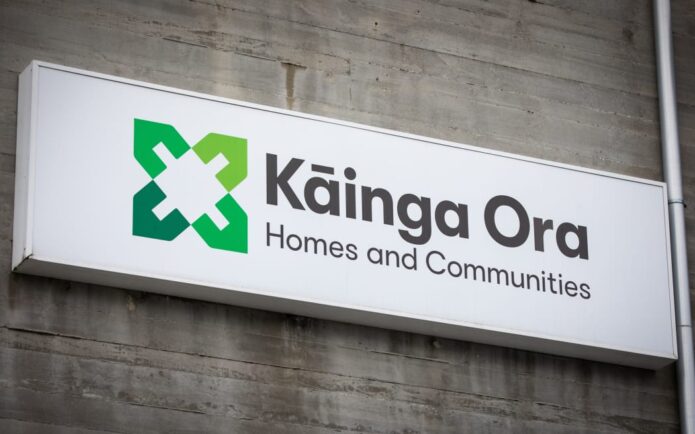PHOTO: PAK’nSAVE Rangiora
Foodstuffs North Island has been fined $3.25 million for deliberately and seriously obstructing competitors.
The Wellington High Court found that the supermarket company used land covenants to block rivals, a practice revealed in a 2022 Commerce Commission market study. Justice Paul Radich noted that these covenants were used to prevent competitors from opening stores in Newtown and Petone in Wellington, and Tamatea in South Napier.
Commission chairperson John Small emphasized the gravity of this conduct, stating the case was taken to court because anti-competitive measures should not be tolerated. Small added that although Foodstuffs North Island has ceased using these 99-year covenants, the penalty serves as the largest ever imposed under section 28 of the Commerce Act. He explained that these long-term covenants were intended to hinder competition in local grocery markets, thus limiting consumer choices.
“A penalty of this magnitude sends a clear message that such anti-competitive conduct will not be tolerated,” said Small. He stressed that the case should serve as a deterrent to other businesses and a reminder that the commission will continue to pursue companies using land covenants to block competitors.
Small further highlighted that land covenants raise barriers to entry or expansion in a market, thereby harming competition and depriving consumers of the benefits of a competitive market. He noted that Foodstuffs North Island committed to stop using restrictive land covenants in 2021 and had started removing such clauses from existing tenancy contracts.
Justice Radich acknowledged that the penalty took into account the historic nature of the conduct and the company’s early admission of guilt. He also mentioned that Foodstuffs North Island had not intended to breach the law and the covenants were not enforced.
A spokesperson for Foodstuffs North Island accepted the High Court’s penalty, stating that the covenants in question originated before the merger of Foodstuffs Wellington with Foodstuffs Auckland in 2013. The spokesperson emphasized that while there was no intent to act unlawfully, the covenants did lessen competition. They added that the company has improved its processes since 2015 to prevent such restrictive covenants and by January 2024, had removed all such covenants from their properties.
“Foodstuffs North Island no longer includes restrictive covenants in new property transactions and supports the Commerce (Grocery Sector Covenants) Amendment Act 2022, which deems such covenants unenforceable,” the spokesperson concluded.
SOURCE: RNZ













